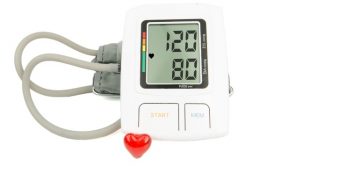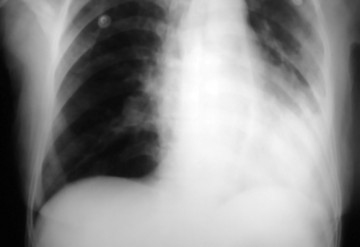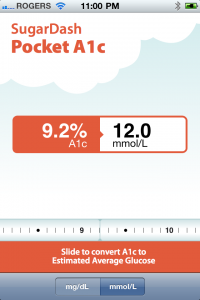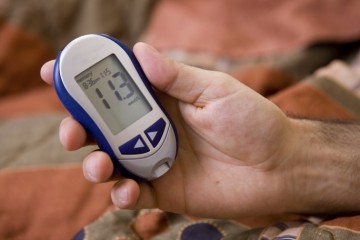By Dr. Ric Arseneau on November 30, 2016
Chronic Fatigue Syndrome (CFS) – also known as Myalgic Encephalomyelitis (ME) and Systemic Exertion Intolerance Disease (SEID) – is a common clinical condition. Yet, it is under- recognized and diagnosed. An estimated 84–91% of patients with the condition remain undiagnosed.
By Drs. Christopher Cheung and Kenneth Gin on June 22, 2016
Hypertension affects over 1 in 5 Canadians and is one of the leading causes of cardiovascular disease, including coronary artery disease and heart failure. Uncontrolled hypertension is a risk factor for stroke (both ischemic and hemorrhagic), retinopathy, chronic kidney disease (CKD), and peripheral vascular disease. Epidemiologic studies show that the risk of cardiovascular disease increases above a blood pressure of 115/75 mmHg.
By Drs. Erica Tsang and Iain Mackie on February 17, 2016
An unprovoked venous thromboembolism (VTE), either through a deep venous thrombosis or pulmonary embolism, may be the earliest sign of malignancy. In patients presenting with unprovoked VTE, a limited occult malignancy screening strategy is sufficient, compared to routinely adding CT imaging of the abdomen and pelvis.
By Dr. Ric Arseneau on October 13, 2015
Fatigue, pain, and unexplained symptoms are commonly seen in physician offices, however they are often experienced as “unsatisfying” for doctors. Our patients need an explanatory model to help them understand their illness. If we don’t provide one, patients will create their own or seek one elsewhere.
By James McCormack on September 16, 2015
Numerous observational studies have consistently shown in many (but not all) patient populations a correlation between people with higher blood pressure, glucose, and cholesterol numbers, and a greater risk of cardiovascular events such as heart attacks, strokes, and other unwanted outcomes.
By Dr. Nadia Zalunardo on September 15, 2014
The most common cause of death among individuals with chronic kidney disease is cardiovascular disease. For most people with CKD, the risk of cardiovascular death exceeds the risk of developing end stage kidney disease.
By Dr. Natasha Press on March 5, 2014
The most recent AHA guidelines (2007) have limited antibiotic prophylaxis to those patients at highest-risk for developing endocarditis and who are undergoing high-risk invasive procedures.
By Drs. Kam Shojania and Neda Amiri on September 23, 2013
Rheumatoid arthritis has been described to be associated with an increased risk of cardiovascular disease. This risk appears to be multifactorial in nature. However, there is emerging evidence that glucocorticoids play a role.
By Drs. Jason Hart and Neda Amiri on November 20, 2012
In April 2012, NEJM published The EINSTEIN-PE study, which looked at the use of oral Rivaroxaban for the treatment of symptomatic pulmonary embolism in 4833 patients.
By Dr. Jiri Frohlich on August 20, 2012
Several studies established that apo B is a better predictor of risk both at baseline and on treatment than LDL-C due to the fact that small dense LDL particles are much more atherogenic as they easily penetrate the endothelial space.
By Dr. Yazdan Mirzanejad on August 29, 2011
By going through guidelines derived over 10 years, there are 5 major evidences that changed my way of managing community acquired pneumonia.
By Dr. Steve Wong on July 20, 2011
In response to reader requests and the increasing interest in mobile apps, we are launching a series of articles highlighting useful iPhone apps. These will appear approximately once every three months.
By Dr. Breay Paty on June 20, 2011
Recent studies suggest that the relationship between glucose control (A1C) and cardiovascular disease is more complex than we may have realized.
By Dr. Natasha Press on April 16, 2010
A 32 year old woman, otherwise healthy, presented with a “spider-bite”. On exam, she had a tender abscess on her buttock. It was associated with some surrounding cellulitis but no fever or other systemic features.














Recent Comments